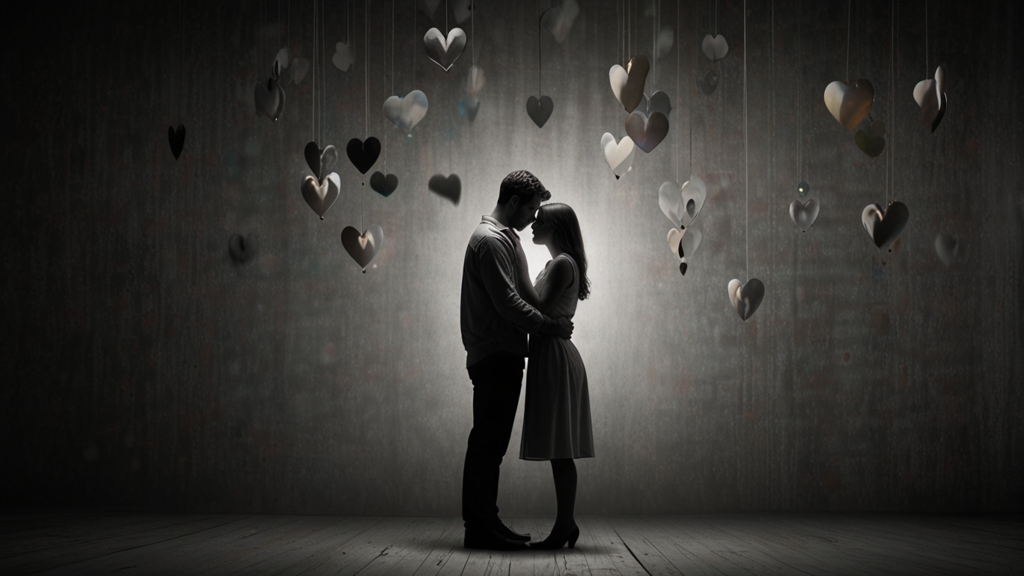The Crucifixion and Its Influence on Modern Religion
The crucifixion of Jesus Christ is one of the most significant events in Christian theology, shaping religious thought, worship, and practice for centuries. This moment in history, documented in the canonical gospels, not only serves as a cornerstone of Christian faith but also profoundly influences modern religion and spirituality.
Historical Context
According to scripture, Jesus was sentenced to death by crucifixion during the first century under Roman Governor Pontius Pilate. The method of execution was both brutal and public, meant to serve as a deterrent against crimes and rebellion. For Christians, the crucifixion represents not just a historical event but a divine sacrifice. Jesus' willingness to die on the cross is seen as an act of immense love and redemption for humankind's sins.
Symbolism and Theology
The crucifixion is laden with symbols and theological implications. It embodies suffering, sacrifice, and ultimately, salvation. The cross itself has become the most recognizable Christian symbol, representing Jesus' Passion and the promise of eternal life. In theological terms, the crucifixion is seen as the fulfillment of Old Testament prophecies and the pivotal event in God's plan for human salvation.
"For the message of the cross is foolishness to those who are perishing, but to us who are being saved it is the power of God." – 1 Corinthians 1:18
Influence on Worship and Liturgy
The crucifixion has profoundly influenced Christian liturgy and worship. Every year, Holy Week commemorates the final days of Jesus' life, culminating in Good Friday, the day of His crucifixion. This period is marked by reflection, penance, and rituals that bring the community together in mutual reflection on Jesus' sacrifice. The Eucharist or Communion is another integral practice that stems from the crucifixion, where believers partake in bread and wine symbolizing Jesus' body and blood.
Impact on Art and Culture
The crucifixion has been a central theme in Christian art for centuries, inspiring countless works of art, music, and literature. From Michelangelo's "The Crucifixion of St. Peter" to Bach’s "St. Matthew Passion," the artistic representations are diverse yet unified by the gravity of the event they portray. These works serve as both expressions of faith and tools for education and reflection, aiding believers in grappling with the profound mysteries of their faith.
"The cross stands, while the world revolves." – Medieval Christian proverb
Modern Interpretations and Controversies
In contemporary theology, the crucifixion continues to evoke robust discussion and varying interpretations. Some theologians focus on the atonement theory, emphasizing Jesus' death as a necessary sacrifice for human sin. Others explore the crucifixion as a symbol of divine solidarity with human suffering, resonating with marginalized and oppressed communities worldwide. These diverse perspectives highlight the multifaceted impact of the crucifixion on modern religious thought.
Interfaith Perspectives
While the crucifixion is central to Christianity, it also sparks dialogue in interfaith contexts. In Islam, Jesus (Isa) is also recognized as an important prophet, though his crucifixion is interpreted differently. Muslims generally believe that Jesus was not crucified but was instead taken up to heaven by God. This divergence offers a platform for interfaith dialogue and mutual understanding, enriching the spiritual tapestry of the modern world.
"He was lifted up on the cross to draw all men to himself and to bring reconciliation and peace to the world." – Pope Francis
Conclusion
The crucifixion of Jesus Christ remains a pivotal event that shapes modern religion in myriad ways. From forming the bedrock of Christian theology to inspiring worship, art, and interfaith dialogue, its influence is both profound and far-reaching. As believers and theologians continue to reflect on its significance, the crucifixion's enduring legacy will undoubtedly keep reshaping the contours of modern spirituality and religious practice.









